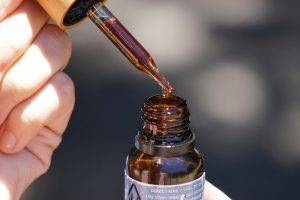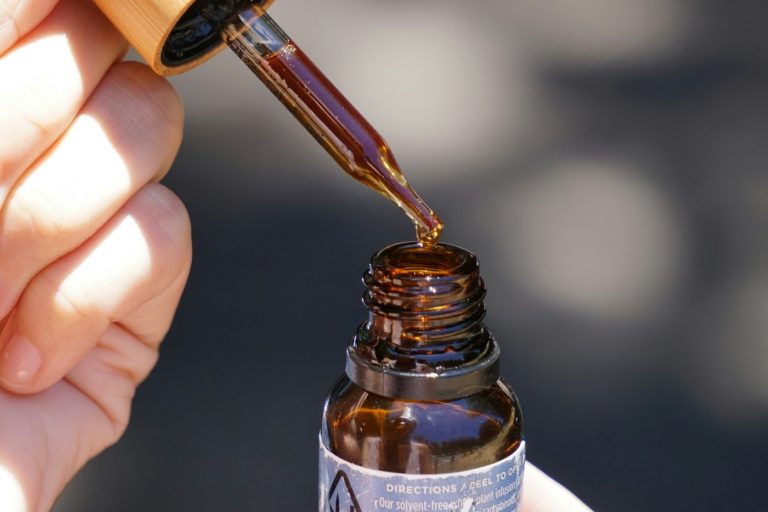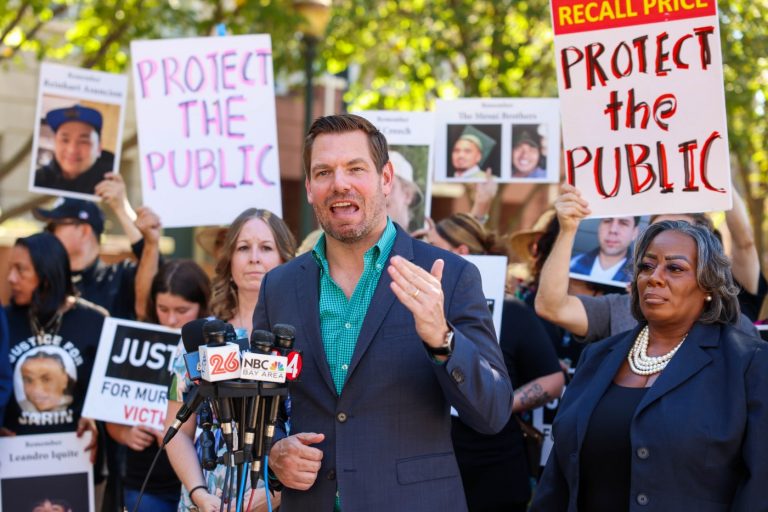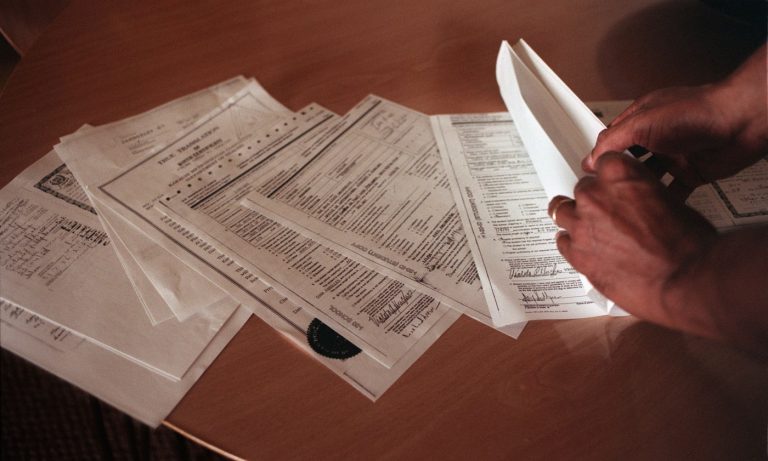PITTSBURGH — It could be a band at a wedding, an explosion on a battlefield or the constant drone of machinery: In the United States, about 17% of adults have hearing loss caused by exposure to loud noises.
Previously, little was known about the exact mechanism by which trauma from those noises led to hearing loss. In a scientific paper published Monday, a Pitt research team has solved part of that puzzle, tying that hearing loss to an excess of a form of zinc in the inner ear. By capturing some of that excess zinc in mice, the researchers were able to prevent hearing loss and even restore lost hearing.
“Hearing loss is a huge problem,” said Thanos Tzounopoulos, professor and vice chair of research in the department of otolaryngology at the University of Pittsburgh. “This can hopefully provide some sort of preventative treatment.”
The end goal, he said, would be a pill that could be taken preventively or soon after exposure to mitigate the damage.
The research study, published in Proceedings of the National Academy of Sciences, exposed mice to 100 decibels of sound for two hours and then tracked what was happening to the inner ear’s “labile” zinc — a form of the element that is not bound to proteins. That free-floating zinc is already known to contribute to damage from strokes and optic nerve injuries, but had not been studied in terms of noise-induced hearing loss.
The researchers found “a huge dysregulation of zinc signaling” after the noise exposure, said Tzounopoulos. “There was much more of the zinc, it was in different locations — it was all over.”
In the next step of the experiment, two days before a planned noise exposure, they injected mice with a slow-release chemical gel solution that would chelate the zinc, essentially trapping it so that it is not able to float freely in the ear. Assessing the hearing of the mice by putting electrodes on their skulls and measuring their auditory brain responses, the researchers were able to see a significant improvement in the hearing of the mice who received the chelation solution, compared to those who did not.
The effect was lasting — even 14 days after the exposure, the mice who had received the chelation injection had better hearing than those who did not.
Related Articles
FDA’s plan to ban hair relaxer chemical called too little, too late
Can this new padding improve bike, football helmet safety?
Fitness trackers find new symptom of depression — body temperature
‘A horrible, perfect storm’: Frustrations rise as shortage of Adderall, other ADHD medication continues
Mental health emerges as a dividing line in abortion rights initiatives planned for state ballots
There is huge potential for future research based on this study, said Tzounopoulos, who is also director of the Pittsburgh Hearing Research Center at Pitt’s School of Medicine.
One avenue is working on the chemistry of the chelation compound in anticipation of eventually making sure it is safe to be given to humans. They also plan to explore what happens when the treatment is given after noise exposure, versus given preventively.
Based on how the zinc levels in mice behaved, there is a good chance that a pill given soon after exposure could significantly reduce hearing loss.
“Let’s say there is a blast or an accident and within the first day, you give the chelator,” said Tzounopoulos. “If you go fast, you have a chance.”
The research team at Pitt also included first author and postdoctoral student Brandon Bizup, undergraduate Sofie Brutsaert, assistant professor of neurobiology Amantha Thathiah and assistant professor of otolaryngology Christopher Cunningham.
©2024 PG Publishing Co. Visit at post-gazette.com. Distributed by Tribune Content Agency, LLC.













+ There are no comments
Add yours